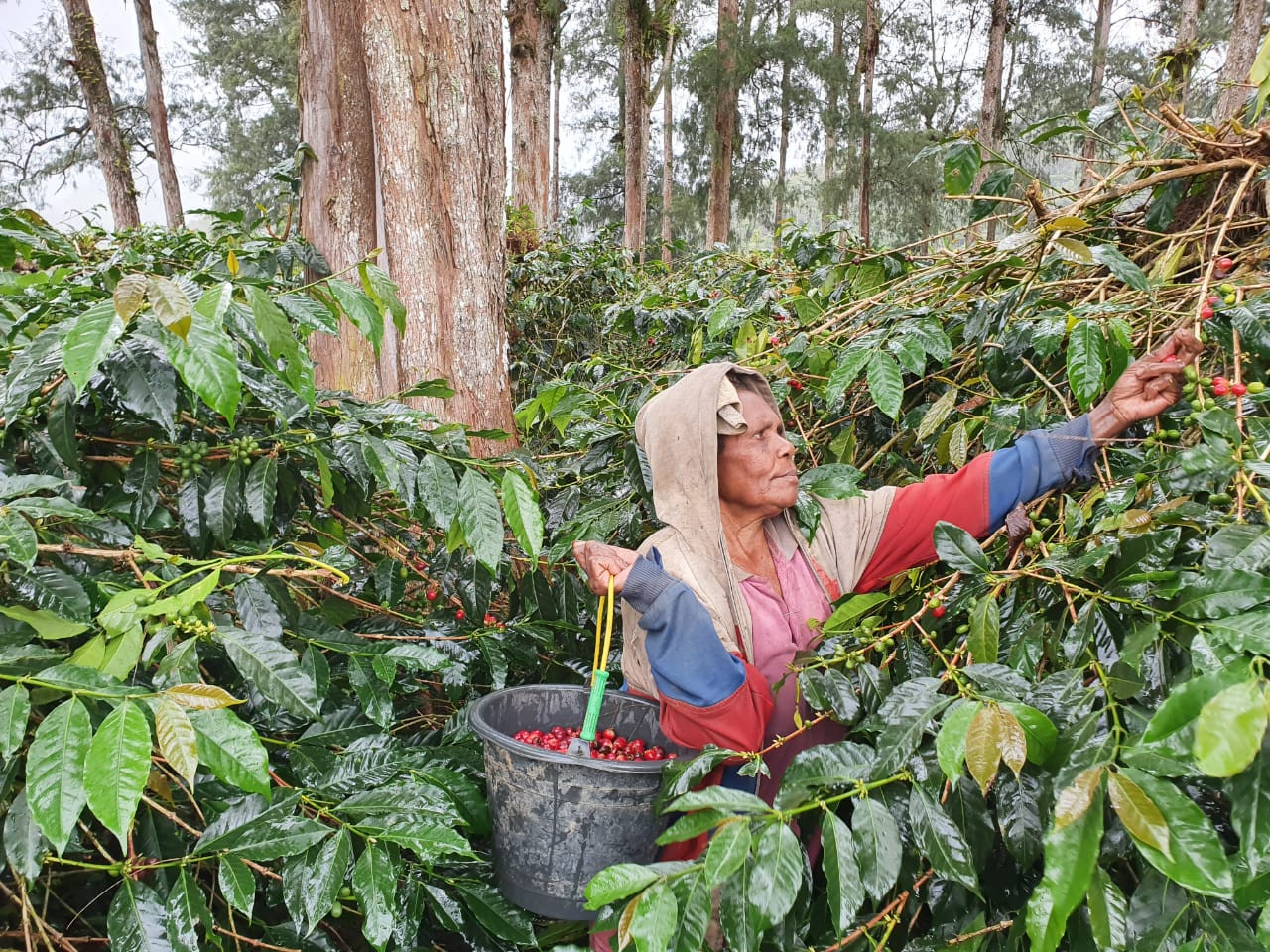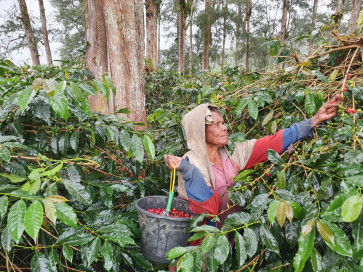Popular Reads
Top Results
Can't find what you're looking for?
View all search resultsPopular Reads
Top Results
Can't find what you're looking for?
View all search resultsTransmigration: Moving hope, building future
Transmigration seeks to develop new centers of growth in underdeveloped regions—places where young Indonesians can build livelihoods, families and futures.
Change text size
Gift Premium Articles
to Anyone
I
ndonesia stands at a demographic crossroads. With over 60 percent of its population in the productive age, the country enjoys what economists term a demographic bonus. This moment presents a rare opportunity for accelerated growth, innovation and inclusive development.
But like any opportunity, it comes with risks. Without strategic intervention, our youth may remain concentrated in overcrowded cities, facing limited access to affordable housing, decent incomes, quality health care and education. This bonus, left unmanaged, may become a burden.
Transmigration, long considered a legacy policy of the past, now holds renewed relevance. Once a tool for population redistribution, it must evolve into a platform for unlocking human potential and reducing spatial inequality. It must become a strategic vehicle for inclusive, region-based growth.
Under President Prabowo Subianto’s leadership, this reimagined vision has taken shape through the Transmigration Patriot initiative. Its goal is not simply to relocate people, but to elevate lives.
It seeks to develop new centers of growth in underdeveloped regions—places where young Indonesians can build livelihoods, families and futures. This vision goes beyond land allocation; it encompasses education, mentoring, access to technology and finance and, above all, the empowerment of purpose.
One example from Central Sulawesi illustrates this transformation. In Lembantongoa village, a coffee farmer from East Java, Lukman, settled as a humanitarian volunteer after the 2018 Palu earthquake. Moved by the resilience of local farmers, he chose to stay and share his knowledge. Within a few years, monthly incomes in the village significantly rose from Rp 3 million (US$182.84) to Rp 13 million. The difference was not geography, but mindset—and the catalytic effect of mentorship.
Inspired by stories like these, the Transmigration Ministry has integrated support systems into its programs—linking communities with researchers, educators, entrepreneurs and local governments. This year, 2,000 scholars from leading Indonesian universities, including the Bandung Institute of Technology (ITB), Bogor Agricultural University (IPB), Gadjah Mada University (UGM), University of Indonesia (UI), Padjadjaran University (Unpad), Diponegoro University (Undip) and Sepuluh November Institute of Technology (ITS) are being deployed to transmigration areas across the country. Their mission: to map local potential, identify strategic sectors and lay the groundwork for sustainable investment and development.


















